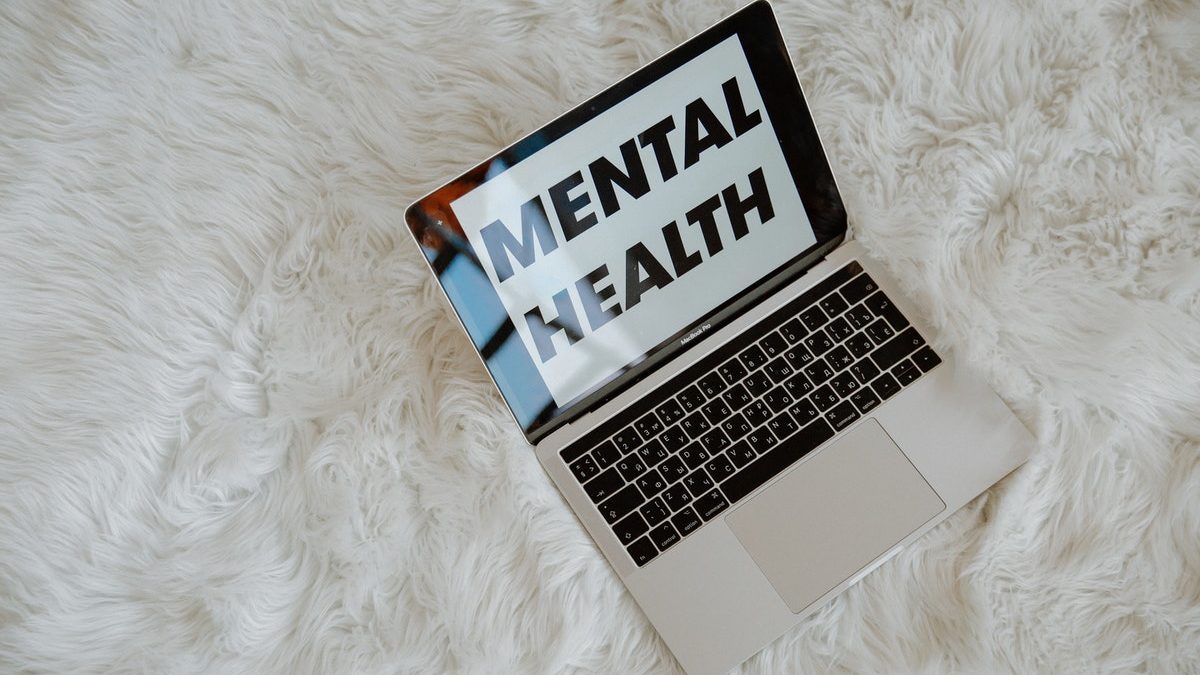There’s a common myth that remote workers are basically vacationing 24/7, writing copy, or entering data on a beach. However, remote workers can face higher rates of anxiety due to the pressure always to be “on” or available. Not to mention the lack of social connection, the need to self-motivate, and the repetitiveness of living where you work.
And now, thanks to the COVID-19 pandemic, that anxiety can be even worse. Already, more than half of all Americans have reported at least one negative mental-health affect from outbreak-related stress. Unfortunately, it’s common for Americans to brush off their mental health and try to power through as if everything’s normal.
But we need to admit that that’s simply not true.
Table of Contents
Now More Than Ever, Remote Workers Must Take Their Mental Health Seriously
Unquestionably, remote workers should be monitoring and caring for their mental health all of the time. However, during massive global health and economic crisis, this is more true than ever. It’s important to recognize that these are not normal times. We’re all dealing with fear, uncertainty, and change. Right now, you need to put extra effort into making sure you’re maintaining your mental and emotional wellbeing.
This is especially vital, considering we are all facing a health crisis. In addition, other physical risks, poor mental health, and anxiety can negatively impact your immune system. So having a calm, healthy mind not only improves your productivity and happiness, it can help keep your body healthier.
How to Focus on Your Mental Health
It can feel impossible to avoid anxiety, negative thinking, or depression during a global crisis. And frankly, it may be. But that doesn’t mean you can’t work to mitigate and lessen the effects and remain as mentally healthy as possible.
To focus on your mental health while remote working, keep these tips in mind:
Be Gentle With Yourself
Many remote workers are very driven, disciplined, and self-regulated (which is why they’re able to work home). While these are generally positive traits, during a crisis, they can make you especially hard on yourself. Alternatively, if you’re new to remote working, you’re faced with a sudden shift in your work environment — while already stressed. Even it’s hard, try to cut yourself some slack. Many of us are experiencing brain fog right now as a self-protective measure. It’s going to be harder to work, feel energetic, focus, or be productive. So take breaks, delegate the work you can, and don’t attack yourself for not meeting your usual standard.
Consider Telehealth Therapy Options
If you’re finding yourself struggling, or if your mental health seems to decline, there is no shame in seeking help. With social distancing guidelines in place, many therapists are now offering remote therapy visits. From the comfort of your home, you can address mental health concerns related to job changes or COVID-19 stress. Also, pandemic-related stress can exacerbate pre-existing mental conditions, so be especially mindful of any changes if you’re at risk. To learn more about telehealth therapy options, visit BetterHelp.
Understand What Your Insurance Covers
Of course, paying for therapy can sometimes feel stressful as well. Take the time to look over and be aware of what your insurance covers. For many Americans, talk therapy and medications may be partially or fully covered. Also, many therapists are happy to work on a sliding scale, depending on your income. Don’t be afraid to reach out, ask questions, and find the right doctor who will work with you.
Don’t Neglect Your Self-Care
It can be easy to let your self-care slip when life has turned upside down. Try to set some (gentle) routines for yourself, even if you’re not leaving your house. Keep up with showering, skincare, cleaning your home, etc. (You can even dress well for work if it helps you feel more “normal” or together.) And extra steps to nurture yourself can be invaluable right now. Meditation, yoga, or journaling can all help you relax and find your center. Also, if something is not harmful and gives you comfort, give in to it, even if it feels silly. If marathoning Disney movies while coloring in fuzzy pajamas heals you, go for it!
Remote Workers Should Put Their Mental Health First
Right now, it can feel like there are too many crises going on to prioritize your own wellbeing. However, times of stress simply mean your mental health matters even more. Take it seriously, be gentle with yourself, and care for your mental wellbeing. Not only will you be a better remote worker, but you’ll also be a healthier, stronger, and happier individual. Stay safe, stay strong, and know you can make it through this.

